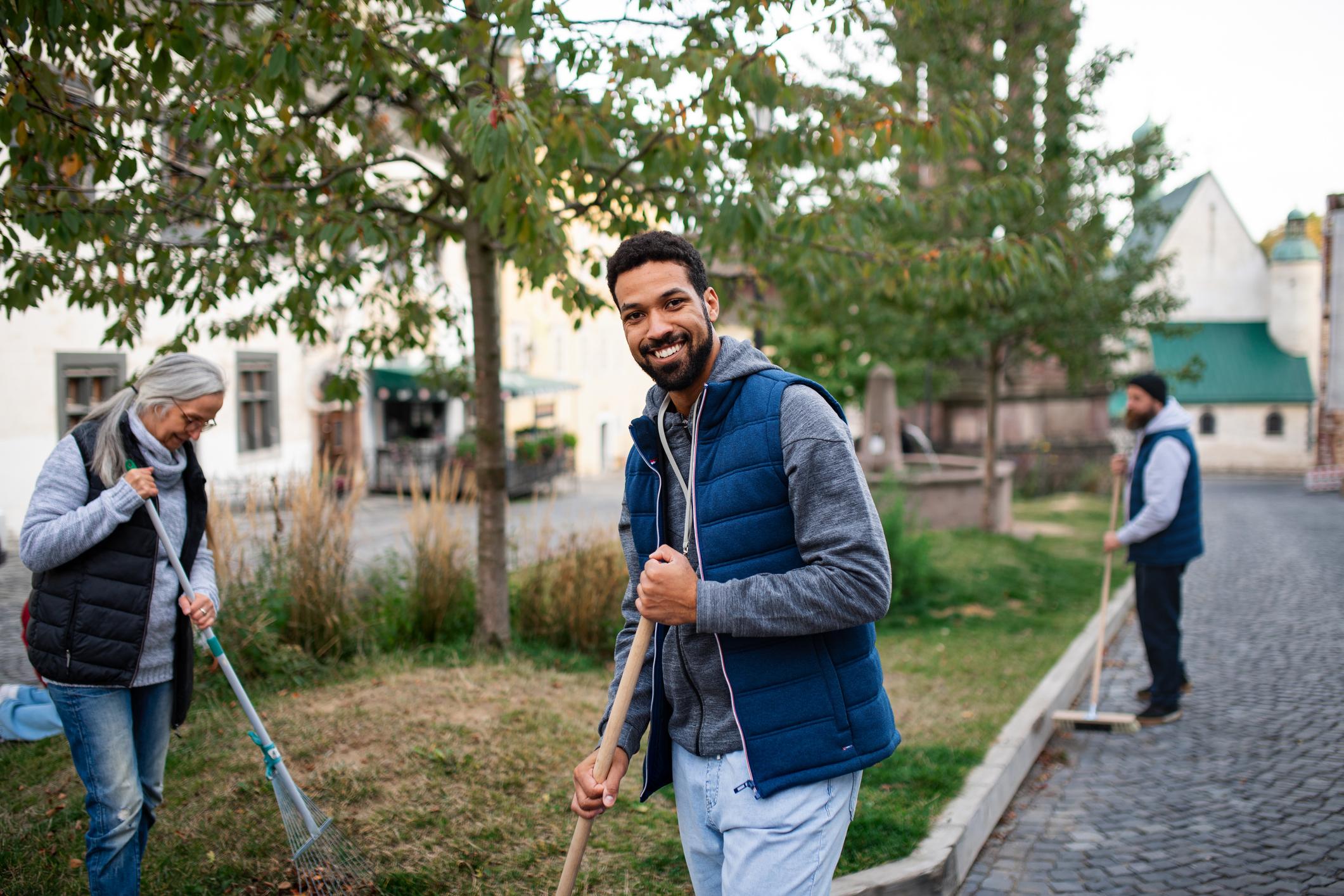
A $3.24 million grant from the National Institute on Minority Health and Health Disparities will fund an interdisciplinary study by a University of Maryland researcher and a colleague seeking to understand how structural racism, discrimination and lived experiences impact African Americans’ cancer risk and prevention and screening behaviors.
Behavioral health Professor Cheryl Knott and University of Connecticut geography Associate Professor Debarchana Ghosh will develop a measure of county-level structural racism and discrimination as part of a five-year study that aims to fill a gap in preventive cancer-related research in historically underserved communities.
"We believe we will be able to identify modifiable neighborhood risk factors or things that a person can do to support their health, even if they are living in a challenging neighborhood,” Dr. Knott said. “This study will have implications for policymakers, public health practitioners and community stakeholders.”
The study, titled "Multidimensional Structural Racism and the Moderating Role of Psychosocial Resources on Cancer Control Behaviors in African Americans,” has three aims:
- Create an index that measures neighborhood manifestations of structural racism and discrimination from publicly available data.
- Evaluate how structural racism and discrimination affect cancer control behaviors, which include activities like healthy eating and exercise as well as cancer screening behaviors.
- Test how psychosocial resources—including support from friends, family and faith communities—play a role in the relationship between structural racism and discrimination and cancer control behaviors.
Researchers hope to enroll 5,000 residents from Maryland, Connecticut, Missouri and Alabama by the third year of the study.
This research builds on a similar study Dr. Knott and Dr. Ghosh launched in January to examine how psychosocial support and neighborhood characteristics like racial diversity and income can collectively influence cancer control behaviors among African Americans.
Dr. Knott is also partnering on the study with the University of Maryland Greenebaum Comprehensive Cancer Center in Baltimore, where she is associate director of community outreach and engagement.
